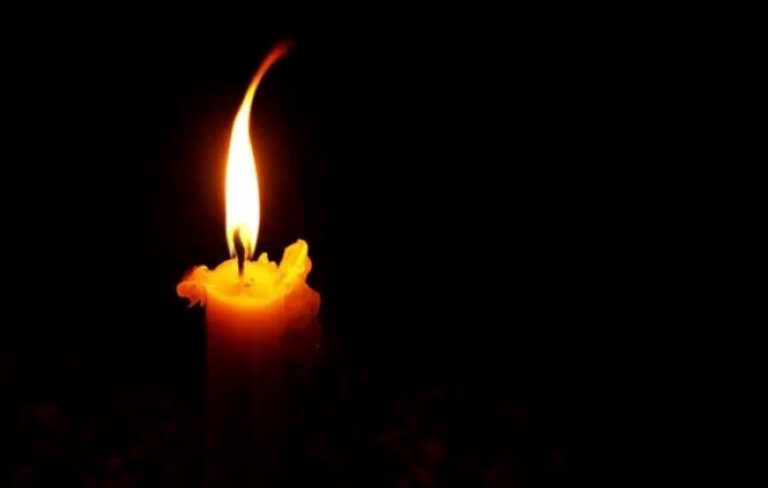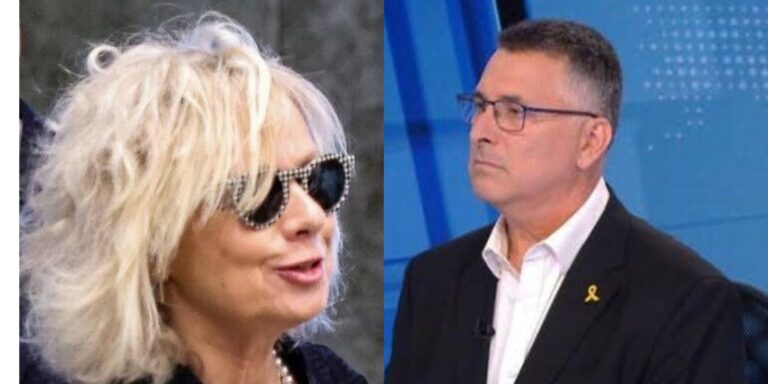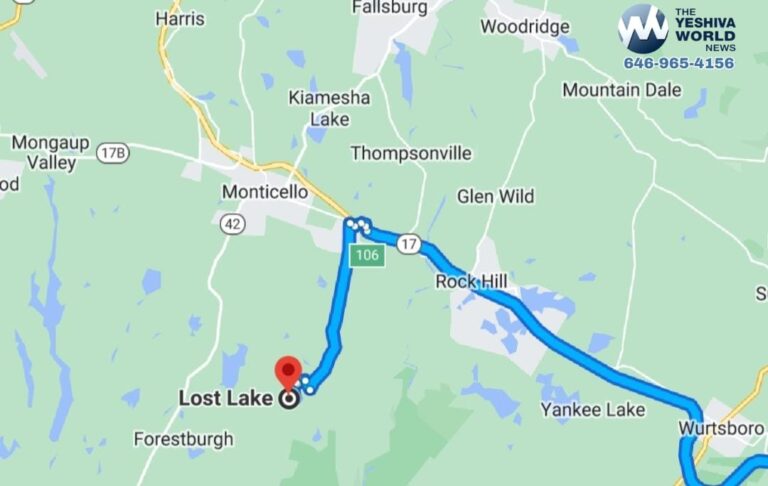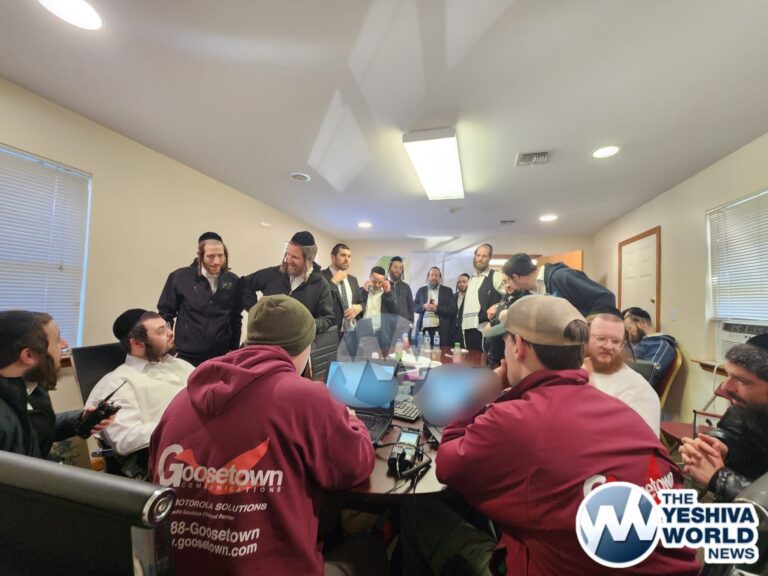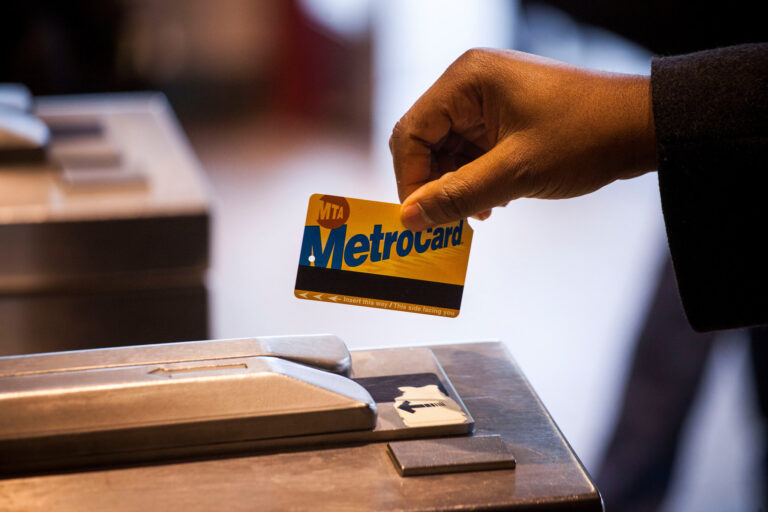 This weekend, Iran will stage its third cartoon exhibition about the Holocaust. The images on display, pooled from submissions that came in from various parts of the world, mock a history of genocide and Jewish suffering. The event has garnered global notoriety and is a persistent mark against an Iranian regime that has tried over the past year to show that it’s ready to emerge from international isolation.
This weekend, Iran will stage its third cartoon exhibition about the Holocaust. The images on display, pooled from submissions that came in from various parts of the world, mock a history of genocide and Jewish suffering. The event has garnered global notoriety and is a persistent mark against an Iranian regime that has tried over the past year to show that it’s ready to emerge from international isolation.
Last month, Iranian Foreign Minister Mohammad Javad Zarif attempted to distance the administration of President Hassan Rouhani from the contest. In an interview with the New Yorker, Zarif said the event was sponsored by private nongovernmental organizations and not his government. He then pointed to a history of supposed Western double standards.
“Why does the United States have the Ku Klux Klan? Is the government of the United States responsible for the fact that there are racially hateful organizations in the United States?” Zarif asked. “Don’t consider Iran a monolith. The Iranian government does not support, nor does it organize, any cartoon festival of the nature that you’re talking about.”
But the organizations involved, the Owj Media & Cultural Institute and the Sarsheshmeh Cultural Center, are institutions with direct ties to organs of the Iranian government, including the country’s powerful Revolutionary Guard Corps.
The event last year was billed as a riposte to the satirical cartoons about Islam and the prophet Muhammad published by the French magazine Charlie Hebdo. The “contest and exhibition intends to display the West’s double standard behavior towards freedom of expression as it allows sacrilege of Islamic sanctities,” the semiofficial Fars News Agency reported.
An article in Iran Wire pours cold water on Zarif’s claim that the contest has no government affiliation:
“The Islamic Propaganda Organization runs Sarcheshmeh Cultural Institute, one of the organizers of the second Holocaust Cartoons competition. Another backer of the competition is Owj Media and Arts Organization, which is affiliated with the Revolutionary Guards. After the nuclear agreement was signed last July, Owj launched a campaign called American Honesty, and covered billboards around Tehran with anti-American posters. With the support of this organization, the award money for the winner of the Holocaust Cartoons competition has been increased from $25,000 to $50,000.
“Owj claims it is an NGO but its affiliation with the Revolutionary Guards is an open secret. And the senior commanders of the Revolutionary Guards are directly appointed by the supreme leader, who started voicing his own doubts about Holocaust in the 1990s, and finally stopped mincing his words in around 2000, when he said, “in many Western countries, nobody dares to question the myth of the Holocaust.”
Zarif himself is no Holocaust denier and has repeatedly insisted that toxic legacy was the fault of the country’s previous president, the firebrand Mahmoud Ahmadinejad. But, as myriad observers have noted, Holocaust denial within the Iranian regime did not begin and end with Ahmadinejad. Rather, it starts at the top with the supreme leader, Ayatollah Ali Khamenei, who just this year questioned the “reality” of the genocide on Holocaust Remembrance Day.
“Senior Iranian officials have for many years systematically promoted Holocaust denial and distortion,” said Tad Stahnke, who heads the U.S. Holocaust Memorial Museum’s Initiative on Holocaust Denial and Antisemitism. He added that the contest “discredits Iran and its people” and is an “affront” to the victims and survivors of the Holocaust, which include some Iranians themselves.
The larger point of the cartoon contest is less to attack Jews than Israel, a country fundamentally at odds with the Islamic republic. Majid Mohammadi, an Iranian scholar who spoke in the same phone conference as Stahnke, said that divisions do exist in Iran between moderate and hard-line camps. But when it comes to Israel, he says, “they are on the same page.””
(c) 2016, The Washington Post · Ishaan Tharoor


